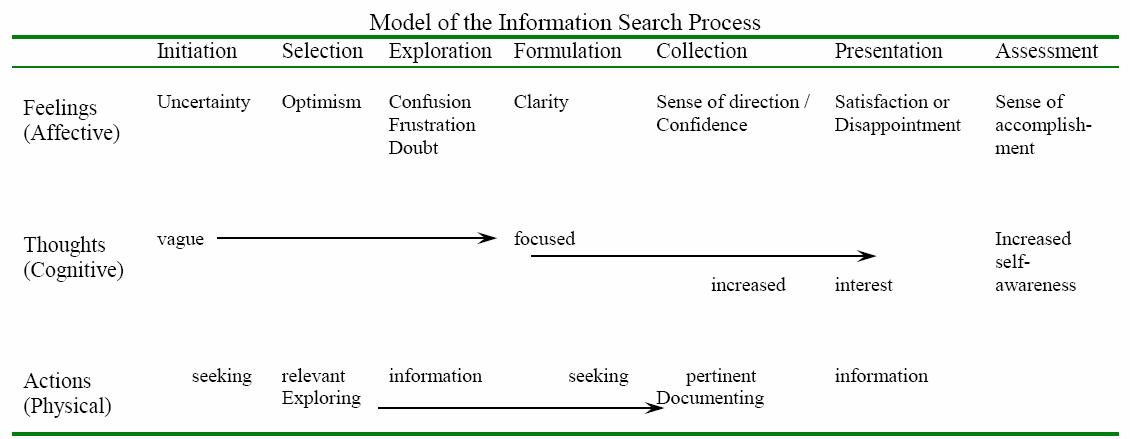
Planning for Long-Term Research Projects (3:57)
This video from the UCLA Library provides strategies for planning a research project that takes multiple quarters to complete.
 When planning a hike, look at a map to see the "big picture" of where you plan to hike and areas to avoid.
When planning a hike, look at a map to see the "big picture" of where you plan to hike and areas to avoid.
The same is true when planning a research project.
Make sure you see the big picture of what is involved.
What are the expectations of the project?
What is the scope of the project?
Use a calculator like the ones above to lay out a timeline that works for you, taking into account when you'll have more and less time for the project. Below is a sample timeline by month, laying out tasks relating to research, reading, and writing.

Read Chapters 1 and 2 from The Craft of Research
1. Selecting a Topic in a Specific Field
List topics relevant to your particular class and that interest you, then narrow down to one or two promising ones. What do you wonder about? If you have a general topic, you'll need to work to narrow it down by doing some reading.
These types of sources may be useful to read or skim as you develop your research question:
When you know the general outline of your topic and how others have narrowed theirs, try to narrow yours. If you can’t, browse through journals and websites until your topic becomes more clearly defined.
Read chapter 1 of The Craft of Research for more detailed concrete steps and suggestions.
2. Develop a question
3. State the significance of the topic. Why is important to study the topic you identified?
Booth, Wayne C. The Craft of Research. Fifth ed. Chicago, IL: The University of Chicago Press, 2024.
Consider what tools and resources you will need for your project.
For example: 
Research is not only messy, it can be emotionally taxing.
Be aware of your thoughts, feelings, and actions as you begin the search for information. Dr. Carol Kuhlthau, Professor Emerita at Rutgers University, developed this 6 stage model to explain the affective (feelings), cognitive (thoughts) and physical (actions) common to each stage of researching.

So, make a plan.
Talk to a librarian to help guide you on resources you should consider consulting.
For concrete details and suggestions, read Chapter 3, "Finding and Evaluating Sources," in The Craft of Research.